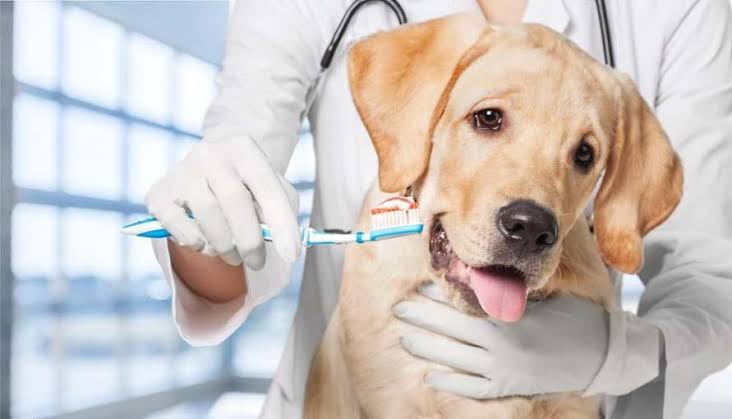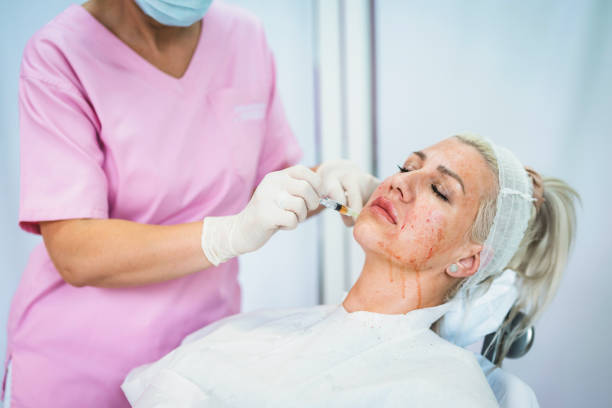Dog grooming encompasses the hygienic care and overall maintenance of canines. It involves various grooming tasks such as bathing, brushing, trimming fur, nail clipping, ear cleaning, and teeth brushing. Here are four reasons to schedule regular teeth cleanings for your dog:
1. Preventing Dental Disease
Without proper dental care, dogs will develop plaque and tartar buildup, leading to gingivitis and periodontal disease. These conditions will cause pain and potential tooth loss for your dog. By scheduling regular teeth cleanings, you can help prevent the progression of dental disease. Professional dog grooming will address hard-to-reach areas and confirm a thorough removal of plaque and tartar, reducing the risk of dental issues.
2. Maintaining Fresh Breath
Dental issues such as plaque and tartar buildup lead to bad breath. This may indicate underlying oral health problems. Scheduling regular cleaning appointments helps prevent the accumulation of bacteria in your dog’s mouth. This promotes fresher breath and better oral hygiene. Professional cleanings will address the root cause of bad breath by addressing potential dental issues contributing to the odors.
3. Protecting Overall Health
Poor oral hygiene can lead to various health issues beyond dental problems, as bacteria from the mouth can enter the bloodstream and affect your canine’s organs. By prioritizing regular cleanings, you can mitigate the risk of systemic health issues related to poor oral health. Professional cleanings help remove harmful bacteria, reducing the potential impact on your dog’s overall well-being.
4. Preventing Pain and Discomfort
Without proper dental care, dogs can experience gingivitis and periodontal disease, leading to oral pain and discomfort. By prioritizing regular cleanings, you can proactively address potential dental problems and alleviate any discomfort your dog may experience. Professional dog groomers can take care of your canine’s teeth, helping to reduce any potential discomfort.
Signs Your Dog Needs a Teeth Cleaning
Schedule a professional teeth cleaning session if you spot changes in your dog’s breath and eating habits. If your pet’s breath takes on an unusually foul odor, this could indicate an underlying periodontal issue. If your dog shows signs of discomfort while eating or has a sudden loss of appetite, it could be due to dental pain. The condition of your dog’s teeth and gums also provides clues.
Discoloration, especially yellow or brown stains near the gum line, is a clear indicator of plaque and tartar buildup. Red, swollen, or bleeding gums should not be overlooked. They can be signs of gingivitis, which can progress to periodontal disease and lead to tooth loss if untreated. Any sudden increase in drooling, particularly if the saliva is tinged with blood, might point to a dental issue.
Pay attention to changes in your dog’s behavior and physical appearance. Dogs often hide their pain. Behavioural changes like lethargy, irritability, or pawing at the mouth could hint at oral discomfort. Regular brushing at home and professional cleanings will keep your dog’s teeth healthy. If you notice any of these signs, it’s time to book an appointment with your grooming specialist.
Work With a Dog Grooming Specialist
Regular teeth cleanings for your dog are indispensable for maintaining their oral health and quality of life. By prioritising preventive dental care, you will contribute to your furry companion’s comfort, happiness, and longevity. Schedule that next teeth cleaning appointment for your dog. Before you search for a dog grooming expert, understand what you need in a groomer. Identify whether you are looking for basic services like bathing and nail trimming or need more specialized care like haircuts, ear cleaning, or dental care. Knowing what your dog needs can help you find a qualified specialist and have access to quality grooming services.







